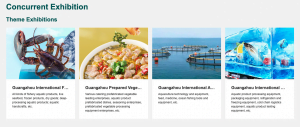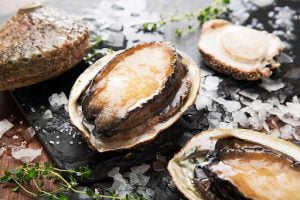Korea Market Insights
As part of the Government’s Agribusiness Expansion Initiative, Austrade has commissioned research into prospective markets for expanding exports of Australian premium seafood products, including rock lobster and abalone. STAG has provided links to the full reports of Austrade webinars for members.
Korea is currently a small market for rock lobster, importing only 12 tonnes in 2020 (compared to 23,500 tonnes imported by China!). Homarus species from North America are more prevalent in the market and account for some 99% of imported supply. According to Austrade’s feedback, Australian rock lobster has been virtually unknown in Korea for around a decade.
However, beginning in early 2021, several importers commenced purchases of Australian live rock lobster, and have since increased their orders. While the total export volume remains modest, there are strong prospects for growth in this market from this low base. New access for southern rock lobster will provide importers with more options.
Challenges include: price competitiveness and stability ; a limited number of importers capable of handling live product and higher mortality rates when compared to Homarus species; and the general lack of awareness of the product, due to its long absence from the market. However, recent feedback from importers and consumers has been encouraging, with a preference for live product. Food service is the major sales channel, however some Korean retailers are experimenting with TV shopping, which presents new opportunities to sell the unique attributes of Australian rock lobster. Read the full Austrade briefing here.
Korea’s abalone needs are met almost entirely by domestic production. Imports accounting for less than one percent of total consumption. The small volume of imports that do enter the market are predominantly frozen products for use in the processing sector.
According to Euromonitor’s report, the prospects of increasing high-value exports of Australian abalone to Korea, at least in the short term, are not bright. While Australian product is seen as equivalent to local abalone in quality, the availability of consistent local supply limits opportunities for abalone exports to Korea. Read the full report here.




